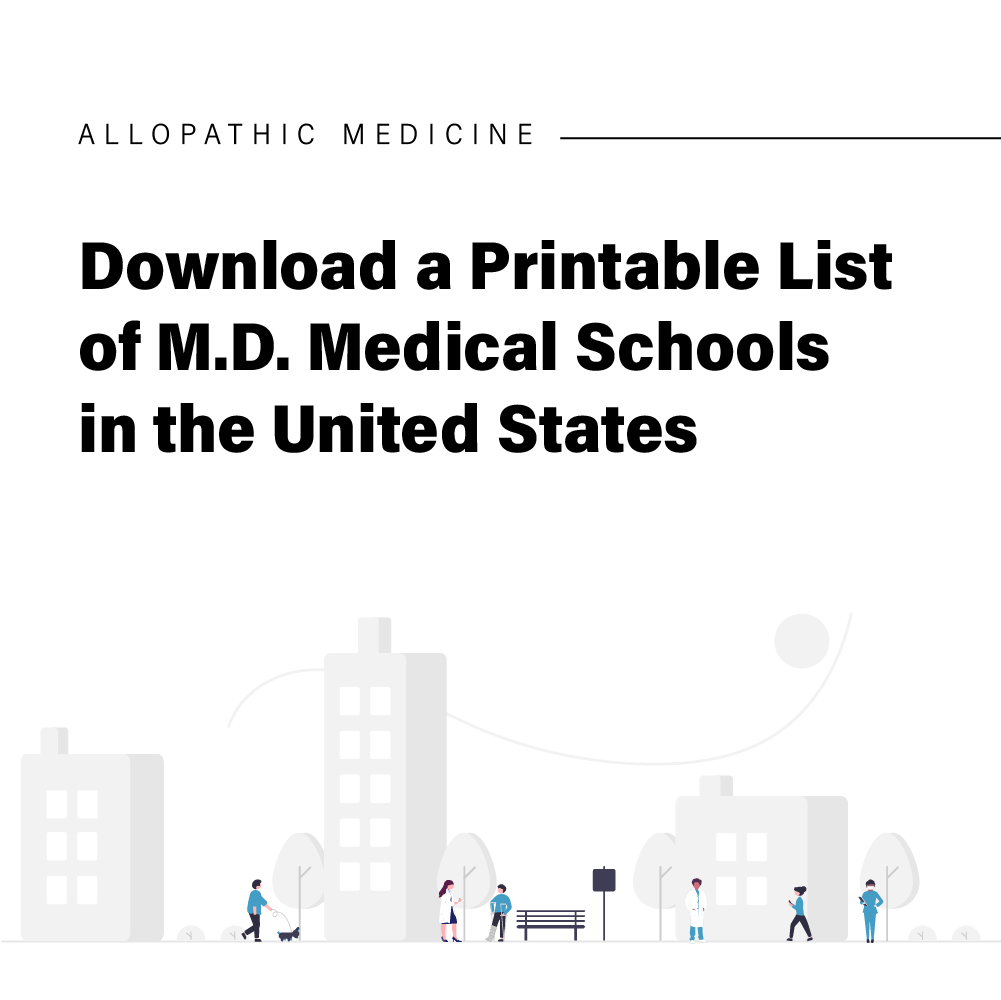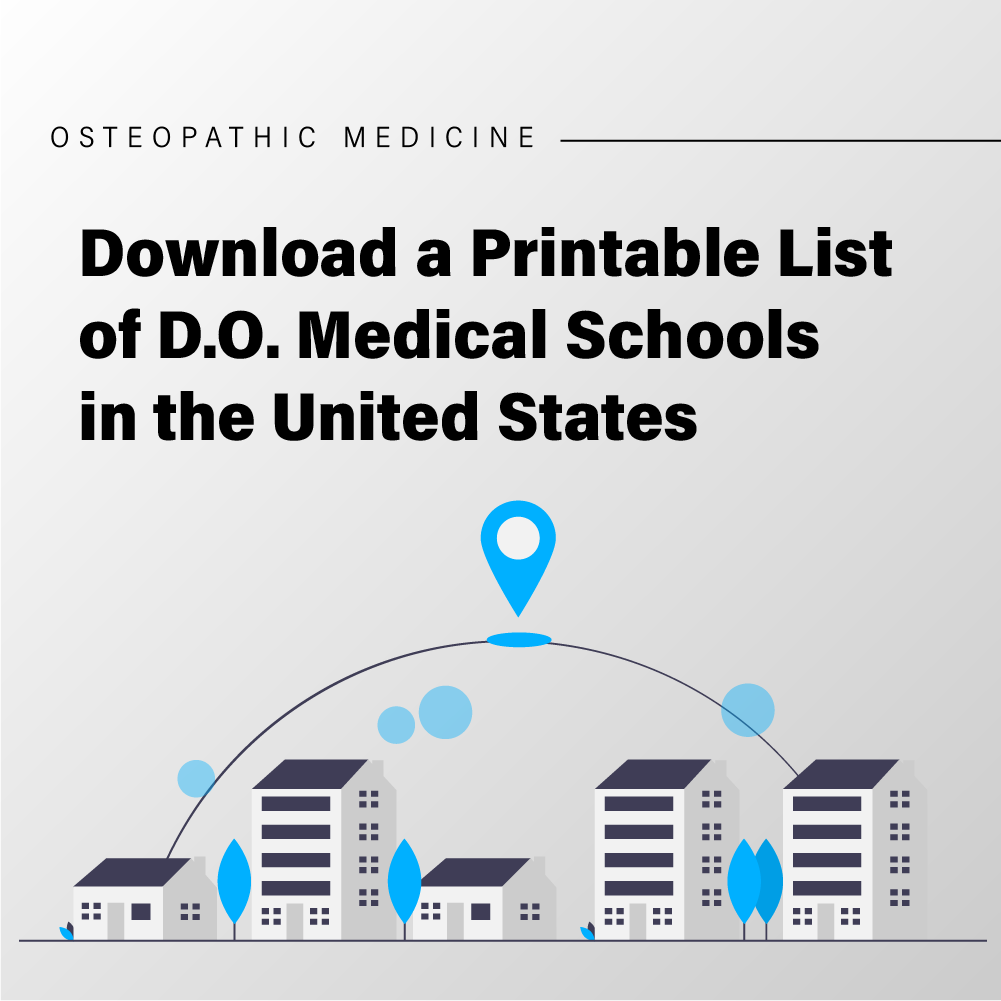In the secondary application process, most medical schools will include an optional essay prompt that allows candidates to share any additional information they haven’t included in their primary application. Although these essays are optional, filling them out shows schools you are willing to go the extra mile.
Think of the optional essays as an optional cover letter to go with your resume. Although optional, writing a cover letter to go with your resume shows employers you are serious about the job.
There are three possible scenarios for optional essays:
- A vague and open-ended essay.
- An open-ended essay with guidelines that point to the school’s topics of interest, such as diversity, identity, or details about the candidate’s personal background.
- Specific questions regarding a candidate’s education, gap year, the impact of COVID-19 on your schoolwork, etc.
Optional secondary essay prompt examples are:
- If there is an important aspect of your personal background or identity that is not addressed elsewhere in your application and that you would like to share with the admissions committee, please do so here. Examples might include significant challenges in access to education, religion, race, sexual orientation or gender identity, and unusual socioeconomic factors. Please explain how this aspect of your personal background has influenced your motivation for a career in medicine. – Harvard Medical School
- Please reflect on your entire application. Is there anything you would like to further share with the admissions committee? Items to consider: connections to the medical community in (city of medical school here), your plan during this application season, gaps in your education, or any personal and academic challenges. Do not repeat any information already mentioned in your primary and secondary applications. – University of Arizona, Phoenix
Simple, open-ended prompts may sound like:
- Is there anything else you would like us to know?
- Share anything else that will help us understand better how you may uniquely contribute to our School of Medicine.
Due to the open-ended nature of shorter prompts, the task at hand may be unclear. However, we recommend always answering optional prompts whenever you have new information to share. Where appropriate, you may write about topics that give the admissions committee a better view of who you are, where you come from, what your most recent achievements are, and why you are a good match for their program.
You can also include specific experiences that connect you to a particular school. Here, we will describe five great topics that you can write about in your optional essays.
While considering your optional essay topics, make sure you cover all of your bases. As a rule of thumb, your strategy for answering your secondary essays should be to cover the following topics across all of the prompts:
- Community service
- Diversity and inclusion and your contributions or goals surrounding these topics
- Clinical or biomedical research experiences
- Leadership
You should purposefully thread in these topics to different prompts. If you get through all of the required prompts and have not written about any of those topics yet, we recommend that you use the optional essay to cover that base.
If you are at a loss or feel like you have run out of topics to write about, continue reading!
1. Why this school?
When asked: “why this school?”, you can either write about why you are a great candidate for this particular medical school or why this school is your top choice.
To demonstrate your suitability for a specific medical school, look up their curriculum. Is there a specific aspect of their teaching curriculum that interests you? For example, if you enjoy teaching and the curriculum employs a peer-based learning program, write about how this program suits your learning style.
If you are interested in a specialty that the school is well-known for and has special learning resources for, describe your interest in that specialty and the program’s uniqueness. Be specific. Write the full names of organizations, physicians, mentoring programs, or research labs from which you would like to learn from (or contribute to).
You can also use the school’s location to your advantage. Do you have ties to that state or medical community? If you do, elaborate! Do you have family members in the area? Is there a health organization that draws you to that town? Medical schools are often more invested in applicants that have ties to their town or state because it indicates that they are more likely to seek opportunities to serve their community after graduation.
Most importantly, focus on why you are a good match for this medical school and why you believe you would thrive as a budding physician there.
2. Academic milestones
If there are no previous prompts requiring you to give an update that accounts for the time period between your primary and secondary applications, your optional essay is a great opportunity to do it! Use this space to write about updates that are relevant to your academic or personal development.
Examples could be new volunteering or clinical experiences. If they are related to COVID19, write about why it is important for you to make contributions that alleviate the workload of medical workers and/or lend a helping hand.
If your new volunteering experience pertains to a specific group of patients, explain why you were invested in seeking out this new experience and how it is preparing you for medical school.
Another update may include a recent research publication or manuscript submission. Were you recently involved in a paper that was accepted, or are you working on revisions? If you haven’t described your research experience or why the research you do is important, describe it here. If you have already written about your research in other parts of the application, use the optional essay to focus on your update and what you learned from the process. What is the publication process teaching you about biomedical research and teamwork in the laboratory setting?
Other academic milestones may include attending or presenting at conferences, shadowing physicians, tutoring, etc.
3. Recent personal achievements
Another milestone that medical admissions committees would love to hear about are personal developments that have taught you valuable lessons on your journey to medical school. Was there a recent experience that taught you about tenacity, perseverance, or developed any kind of skill set that you can apply to your future as a doctor? Did you decide to overcome a fear? Did you experience a harrowing event that opened your mind to a new perspective about a particular issue, such as health care, diversity, or education? Be specific and share your thought process through these new experiences!
4. Impressive skills or hobbies
Don’t underestimate the power of sharing your non-academic interests! If you haven’t been able (or asked) to share details about your interests outside of academia and medicine, the optional essay is a good place to showcase who you are outside of school and work.
Writing about your hobbies demonstrates that you take the time to decompress and relieve stress by doing something that you enjoy. Why is this important, and why would medical school admissions care about your hobbies? Engaging in activities outside of school show that you are first and foremost a curious and well-rounded person. It will humanize you. Additionally, engaging in hobbies outside of school is a great indicator that you spend time around a wider range of people (and not just other premeds).
For this option, it is best to choose an activity that is not a service or responsibility–refrain from writing about your volunteering experience as a hobby. Instead, write about a skill or activity that you genuinely enjoy doing that has nothing to do with school but has still contributed to your personal growth. Did you dedicate a considerable amount of time to this skill? How has engaging in this hobby (or skill) shaped you over the years? Is this a recent development? What prompted you to pursue this hobby? Have you developed values as a result of engaging in this activity? For example, has your hobby made you more thoughtful, detail-oriented, dedicated, compassionate, or outspoken?
Appropriate and unique hobbies to write about include:
- Craftsmanship (any art form or project that is made from scratch)
- Arts and entertainment (painting, illustration, acting, photography, etc)
- Performance (public speaking, spoken word, poetry, singing, musicianship, etc)
- Sports competitions (sports are a very common topic, but unique challenges and competitions will help your dedication to a sport stand out)
- Philanthropy (climate change, green energy, or related advocacy for non-medical related issues)
Refrain from writing about these hobbies in your medical school applications:
- Traveling (unless it’s a remote or unique destination, chances are that other premeds will also write about traveling)
- Anything that may be considered unrealistic, immature, or only accessible to the wealthy
- Yearly food drives (this can be listed elsewhere in your application or CV, but this is not a unique hobby that will set you apart)
5. Excruciating circumstances
Finally, you can also consider writing about excruciating circumstances that you endured during your childhood, college years, or beyond. If you haven’t already been asked to elaborate on such circumstances, use the optional essay to give more background on your life. For more information on how to write about hardship, check out our Adversity Essay Medical School Ultimate Guide.
At this point in your medical school application, the chances are that you have already been assigned a prompt dedicated to adversity. However, if there is another excruciating circumstance that you have not yet been able to address, you can share that here. To make the best of this space, be direct and explain how this affected your path to medical school and how it has shaped you as a future doctor.



